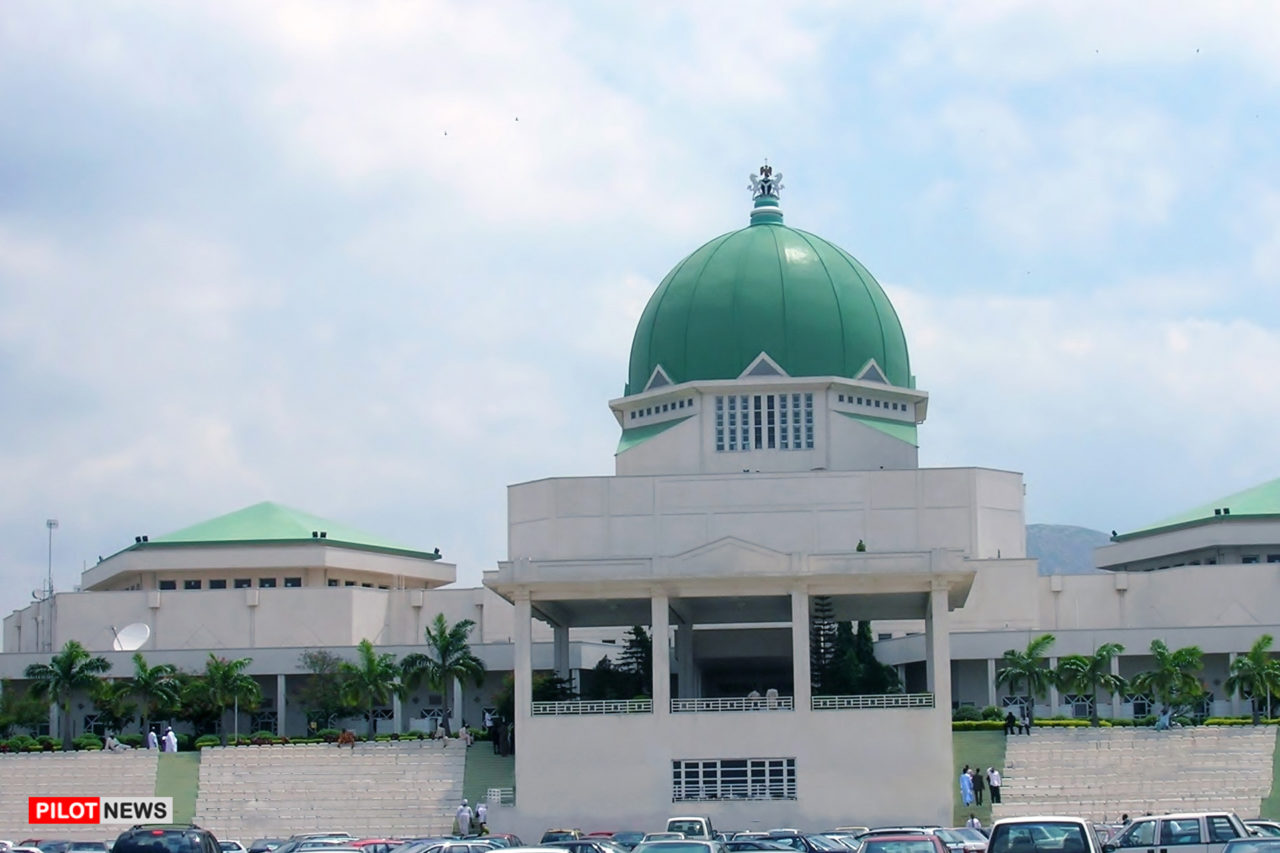The systemic failures that have plagued Nigeria’s electricity sector for the past 17 years have forced the lower chamber to investigate funds allocated to the sector.
Speaker of the House of Representatives, Dr. Abbas Tajudeen, disclosed this at the commencement of an investigative hearing into the nation’s power sector reforms, said the House is committed to correcting the ills.
The Speaker, represented by the Chairman, House Committee on Environment, Mike Etaba, lamented that despite years of reforms, the sector continues to suffer from inefficiency, underperformance, and stalled growth.
Tajudeen stated that the establishment of the Ad-Hoc Committee was both timely and necessary to conduct a comprehensive investigation into government investments in the sector.
“The legislature owes Nigerians a constitutional responsibility to ensure that reforms in the power sector translate into improved service delivery, expanded capacity, and upgraded infrastructure.
“Electricity, as we all know, is the lifeblood of modern civilization. No nation attains sustainable progress without a reliable power supply. From our factories to our schools, our hospitals to our homes, electricity determines productivity, quality of life, and economic prosperity.
“Regrettably, the Nigerian power sector has witnessed numerous challenges that have hindered its growth and efficiency. It is time to review the reforms of the past 17 years to understand their successes and shortcomings and chart a path that truly benefits citizens,” he said.
.In his remarks, Chairman of the Ad-Hoc Committee, Ibrahim Aliyu, said the committee’s mandate is to audit and investigate Nigeria’s power sector reforms and expenditure from 2007 to 2024.
He reaffirmed the committee’s commitment to executing its mandate with transparency, objectivity, and diligence.
Aliyu noted that the sector’s journey over the last two decades has been characterized by ambitious targets and substantial investments, yet marred by persistent challenges.
“We aim to trace the flow of funds, assess policy implementation, and evaluate the effectiveness of projects and initiatives undertaken during this period. This will help identify areas of success and address systemic failures and inefficiencies that have stalled progress,” he said.
He emphasized that the committee will adopt a collaborative approach by engaging relevant government agencies, private stakeholders, civil society organizations, and the general public.
Latest posts by Hassan Umar Shallpella (Regional Correspondent) (see all)
- Adamawa Governor Ahmadu Fintiri Dumps PDP, Joins the APC - February 27, 2026
- NEDC Donates 100 Life Jackets, 12 Rescue Boats To Yobe State Gov’t - February 26, 2026
- 15 Adamawa State Assembly Members Quits PDP - February 26, 2026
previous
Farmers In Niger State To Benefits From World Bank-L-PRES Programme
next

